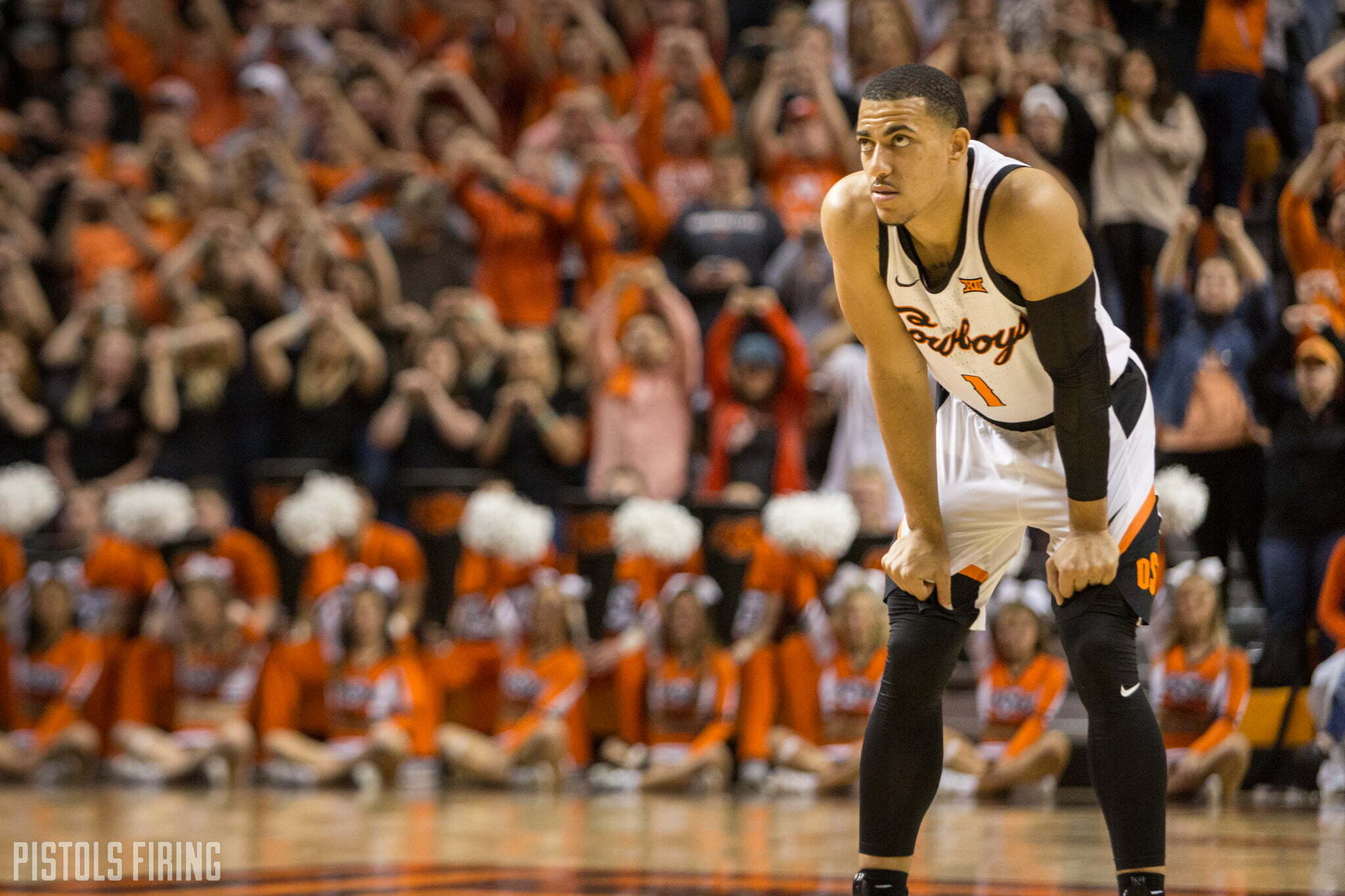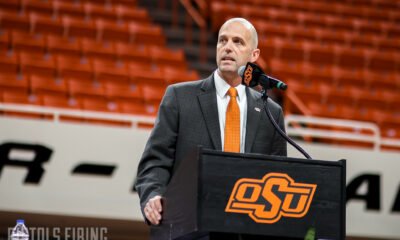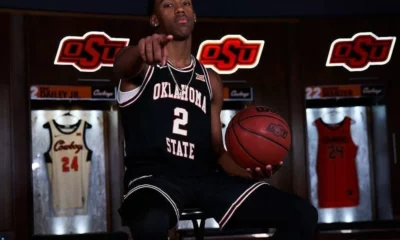Football
NCAA Transfer Working Group Discussing Immediate Transfer Eligibility

The NCAA Transfer Working Group recently discussed the possibility of a one-time transfer for players with immediate eligibility, according to The Athletic’s Chris Vannini. The change could only be for underclassmen and there would be academic standards.
Vinnini, who tweeted this on Tuesday, also reported discussions about graduate transfers counting against a team roster for two years, depending on the graduate program. He clarified that no proposal has been made, but transfer eligibility is still a major talking point. Vinnini didn’t specify a particular sport, meaning it could apply to all sports with a transition year (football, basketball and baseball).
This is not a proposal. Just something being talked about. Multiple G5 coaches concerned about a freshman having a big year and a P5 school coming in to take him.
— Chris Vannini (@ChrisVannini) January 9, 2018
The NCAA’s current transfer rule, which requires one transition year for a transfer, is put in place to deter rash decisions from players and to prevent them from jumping from school to school. Its critics claim it restricts the freedom of student athletes and point out how coaches aren’t required to sit out if they move from one school to another.
This rule would create a new issue specifically with Power Five schools and their relation to Group of Five schools. Vinnini pointed out that many coaches oppose the change, feeling that Power Five teams could try to lure away players from smaller conferences after they have a big year. This would allow bigger schools to constantly poach the players from smaller schools.
Take Oklahoma State, for example. After losing quarterback Mason Rudolph to graduation, a change in transfer rules would allow them to “recruit” a talented player from another program. The most likely players to change schools, though, would be from smaller conferences who would want to play on a bigger stage or compete for a championship. OSU’s team would benefit, but only at the expense of other team, e.g. an Arkansas State or Northern Illinois.
Another issue with this proposal that applies to bigger conferences is the transferring restrictions coaches often place on players. Former OSU quarterback Wes Lunt was reportedly restricted to go to schools not in the SEC, Pac-12 and Big 12, alongside a number of other schools from smaller conferences. The restriction was eventually lifted, but Lunt later said in an interview that it was too late.
In basketball, Michigan received heavy criticism in 2016 for forbidding graduate transfer Spike Albrecht from transferring to another Big Ten school, just as they did the year before with forward Max Bielfeldt. Big Ten rules state that intraconference transfers have to sit out one year and lose a year of eligibility whether they’re undergraduates or graduates (Baker Mayfield skirted this because he wasn’t on scholarship). But both Albrecht and Bielfeldt were eventually granted an unrestricted choice after the former had his restrictions lifted and the latter won an appeal with the school, but both happened after the school received heavy criticism.
Although transfer eligibility is still a talking point, it likely won’t be changed in the near future. The NCAA Division 1 Transfer Working Group didn’t advance a proposal in this past legislative cycle that would have granted immediate eligibility. But an increase in critics is mounting, and it could become one of the NCAA’s hottest topics in the coming years.

-

 Football3 days ago
Football3 days agoFour-Star Quarterback Adam Schobel Commits to Oklahoma State, Flips from Baylor
-

 Hoops3 days ago
Hoops3 days ago‘Keep Turning Over the Rocks’: Looking at the Portal Landscape as Lutz Looks to Solidify His First OSU Roster
-

 Hoops3 days ago
Hoops3 days agoFour-Star Signee Jeremiah Johnson Reaffirms Commitment to Oklahoma State after Coaching Change
-

 Daily Bullets2 days ago
Daily Bullets2 days agoDaily Bullets (Apr. 23): Pokes Land Four-Star Quarterback, Retain Talent from Mike Boynton Era






